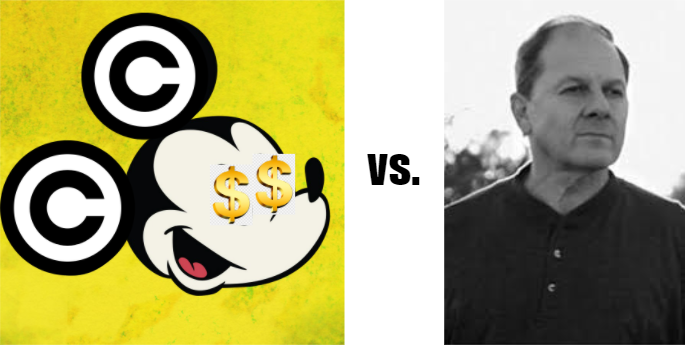Short story anthologies are a very interesting type of book, especially when the short stories are all written by different authors. What you end up with is a novel-length work made up of small, self-contained pieces by different authors connected only by theme.
The advantage of this is that you can read as many or as few stories in an anthology as you want or have time for, and come away without loose ends. And if you come back to a partially finished anthology months or even years later, you can just pick up at the next story, without a need to start at the beginning of the book.
The disadvantage is that, in most anthologies, the differences in voice, structure, style, and even quality, between the stories mean that you probably won’t connect with every story in an anthology. It also means that, just because you like one story in the anthology, it doesn’t mean you will like the rest.
Still, anthologies are becoming more popular again in both books and television (or at least I am noticing them more). So I thought I would give Apex Publications’ Do Not Go Quietly: An Anthology of Victory in Defiance a try.
This is a really solid anthology. There were really only a couple of stories in it that I didn’t really get. The rest I thought were somewhere between good and fantastic. I had a hard time narrowing it down to my five favorite stories to mention here.
The very first short story in this anthology is a story called Kindle, by Brooke Bolander. In it, she gives us a fractured folktale version of the story of The Little Match Girl. I love taking classic stories and spinning them in new ways, so I found this to be a fantastic story to start with.
Choose Your Truth, by Jo Miles, takes a look at how we insulate ourselves in information bubbles, often preferring what conforms to our worldview over the truth, and takes it to its extreme: Corporatocracies controlled through propaganda, but people able to decide which propaganda to swallow. The truth is seen as unimportant by most, but not all. It is an interesting look at a world even more dominated by fake news than our own.
As I mentioned above, I love taking classic stories and spinning them in new ways. What We Have Chosen To Love, by Cassandra Khaw, does that, not with a specific story, but with a trope: the trope of the Chosen One. She explores what it does mean, what it should mean, and what it must mean to be the Chosen One, and that saviors won’t always be what you expect.
Next, I want to highlight Hey, Alexa, by Meg Elison. This one interested me, because, while it is so clearly rooted in the 21st century, it actually reminded me of one of the great sci-fi writers of the 20th century: Philip K. Dick. It was very short, it had very few details, and yet it managed to explore the themes of digital privacy and cyber surveilance, AI and consciousness, and empathy.
The last story that really stood out to me was The Judith Plague, by Merc Rustad. This one is one part Tarantino revenge fantasy, and one part exploration of capitalism and the commodification of people (especially women). This is the story that, as I was reading it, I thought, “This could be a movie, and I would definitely go see it.”
This anthology also has poems interspersed among the short stories, but I do not feel the least bit qualified to review poetry. That being said, I think one of the purposes of poetry is to make us stop and think about something or feel something. Plot Twist, by Bianca Lynne Spriggs, the poem at the very end of the book, definitely did that for me.
All in all, this was an excellent anthology. It is exactly the quality of compilation you would expect from a place that has published as many award-winning short stories as Apex has. I would definitely recommend picking it up. And even if you don’t, I would recommend checking out the short stories I mentioned above if you get the chance.
Have you read it? Or anything else by any of the authors I mentioned? What did you think? Let me know in the comments down below!
